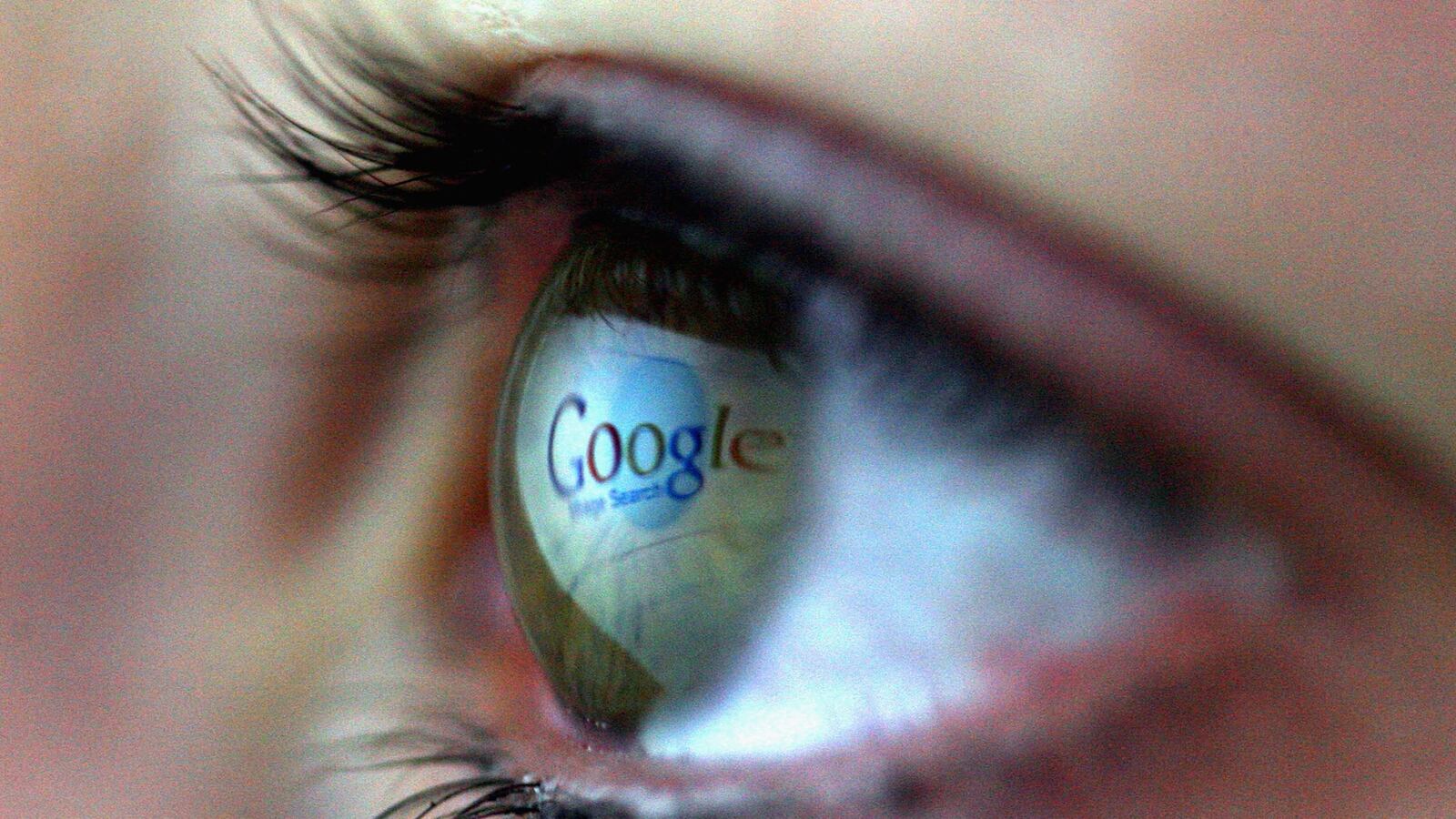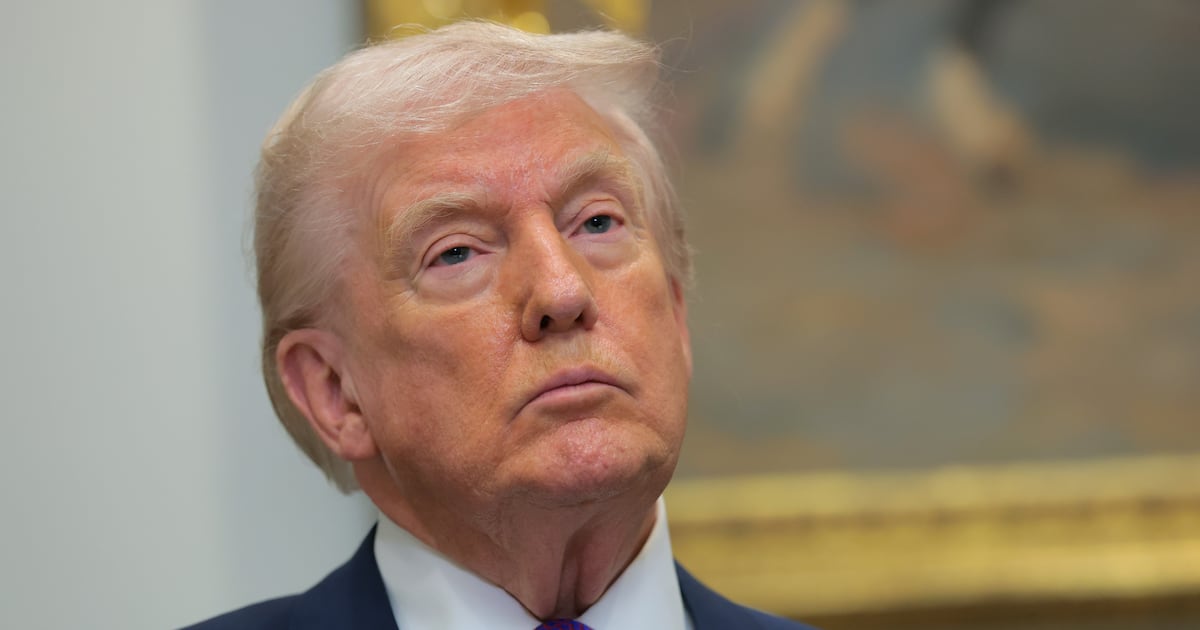What comes up when you enter your name into Google? It could be positive: mentions in newspapers or notices for awards received. But the results likely include some negative material as well: your phone number and address might show up, some sloppy party photos taken without your permission, or even court records. A new company in France called Forget.me wants to help you make those results disappear with just a few clicks, thanks to the European Union’s “right to be forgotten.”
The right to be forgotten is a law passed in 2012 that was upheld this year by the European Commission. It gives citizens of the E.U. a right to see themselves represented online “in a way that is not inconsistent with his or her current personal and social identity,” writes Italian lawyer Luigi Manna in Lexology. In other words, if you don’t like those Google search results, you can legally request that they be removed from the web giant’s listings.
The law reflects the control we have over how we represent ourselves in real life, says Forget.me’s founder Bertrand Girin. “If I explain to you who I am, I have the freedom to give you the information in the order I want,” he says. “We decided to create technology to help customers regain this freedom online. The order of information on search engines is even more critical than in real life.”
Yet critics of the right to be forgotten argue that by removing Google search results, the law is enabling censorship. Recently, an actor requested that news articles about an affair with a teenager be removed, and a politician did the same for stories about their erratic behavior in order to pave the way for another run for office, according to Google. This is information that the public has a right to know. But Forget.me has found that it is social media, not traditional journalist media, that the vast majority of users want to forget them. “Less than 3 percent of requests are demanding articles to be taken down,” Girin says. “Most of the demands are going toward Facebook.”
Forget.me’s records of what we want forgotten says a lot about our relationship to the Internet—namely, that we’ve lost control over our personal information as it exists online. The right to be forgotten could restore it.
After it became clear that the law was here to stay, Google launched a form for filing right-to-be-forgotten requests. The form asks users to explain why the disputed links are “irrelevant, outdated, or otherwise objectionable.”
“Most people would say, what does that mean, exactly?” Girin says. Forget.me provides different options for users to choose from—my ex put photos of me online, for example, or the results inappropriately reveal my sexual orientation—and inserts the necessary legalese required. Then it sends the request off to Google. Without Forget.me, “Google has received a lot of requests where they don’t understand what is written,” the founder says. “We make things easier for the people as well as the search engine.”
To date, 13,000 users have submitted 5,280 links to be removed. (Though the law is inapplicable in the United States, a third of all traffic to Forget.me comes from here, suggesting strong interest.) Google says it will decide whether it complies with the removal requests by balancing “the privacy rights of the individual with the public’s interest to know and the right to distribute information.”
Links are already being taken down, as The Guardian editor James Ball writes. That doesn’t mean the webpages cease to exist. It just makes them harder to find, since they don’t appear as frequently in search results. Bell argues that Google is “clearly a reluctant participant in what effectively amounts to censorship.”
But censorship isn’t the whole story. As the scant 3 percent of requests targeting journalists and media outlets through shows, there’s a lot more to the right to be forgotten than attacks on the media.
According to data from the company, 28 percent of the requests resulted from “invasion of privacy,” exposures of private, personal information like ethnic identity, academic performance, religious beliefs, and political views. Nineteen percent were based on defamation and online hearsay like “I am targeted by false rumors presenting me as a member of a cult,” as one Forget.me example runs.
“We are concerned about freedom of the press,” Girin says. “But this is a simple problem.” Today, we put so much information online that it’s easy to lose track of what’s out there. And that likely includes information you wouldn’t want to pop up first thing on Google—not out of a malignant desire to interfere with freedom of speech, but as a way of exercising control over your own identity, an ability we have lost to corporate Web businesses over time.
Again, 97 percent of Forget.me requests are for having information be taken off social networks and online directories, not journalistic articles. “It’s probably because you have people who can’t find their account to delete it, or don’t know how to,” Girin says.
With the Internet, our identities have metastasized. This situation is intensified by the fact that services like Google and Facebook have an incentive to keep as much information about their users as public as possible, constantly prompting and rewarding the addition of more personal data so as to better sell their users to advertisers. The right to be forgotten restores some of the agency the individual has lost against the companies already dominating the Internet.
Provisions can be made so that the law interferes minimally with media outlets rightfully publishing important information. But at its core, this isn’t a law for celebrities or businesses or journalists. It is meant for the average Internet user, one who has no way to manage what happens to what they put online or how the Internet represents them. “In a year, we predict there will be between half a million and a million request forms for Google,” Girin says. “We think there’s a real need for this in the general public.”
After all, if you don’t want your religious views, address, or sexual orientation revealed online, who can refuse? Privacy is a necessary right, Girin argues. “Freedom in a democracy is being able have your own little secret garden,” he says.






